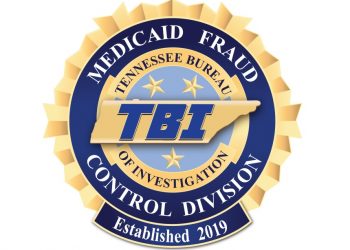Maryville, TN – As the new year approaches, Tennessee will see several impactful laws go into effect on January 1, 2025, aimed at enhancing public safety, protecting minors, and promoting transparency. Among the most discussed of these measures are new regulations targeting online safety for children and strengthening alcohol service training.
One of the most high-profile pieces of legislation is the “Protecting Children from Social Media Act,” which requires social media companies to verify users’ ages and obtain parental consent before allowing minors to access platforms. The bill has sparked significant debate and is currently facing a legal challenge in federal court. Proponents of the law argue that it will empower parents to better protect their children from online dangers, while critics question its constitutionality and practicality.
Tennessee will also implement the “Protect Tennessee Minors Act,” which mandates that websites hosting sexual content verify users’ ages through methods like state ID checks or facial recognition. The law has drawn opposition from groups such as the Free Speech Coalition, which filed a lawsuit claiming the measure infringes on First Amendment rights. Supporters, however, argue that the law is an important step toward ensuring minors are shielded from harmful material online. Rep. Patsy Hazlewood, who championed the bill, compared it to physical world regulations where minors are restricted from accessing adult establishments.
In addition to these online safety measures, Tennessee will require all bartenders and alcohol servers to undergo training on the role that drugs and alcohol play in sexual assault. The training, which was developed by the Sexual Assault Center, aims to better equip bar staff to identify signs of distress and intervene in situations where patrons may be at risk. The state will require bartenders to renew this training every two years. Lorraine McGuire, a spokesperson for the Sexual Assault Center, emphasized the importance of bartenders in helping to prevent sexual assault, given their close interactions with patrons.
Other significant laws coming into effect include expanded access to birth control for TennCare recipients, a move that advocates say will provide greater reproductive health options to low-income residents. Additionally, landlord-tenant relations will be impacted by new transparency measures, designed to make rental agreements and conditions clearer and more accessible to tenants.
As these laws prepare to take effect, some are likely to spark continued debate and legal challenges, particularly in areas related to privacy and free speech. However, Tennessee’s lawmakers have made it clear that these measures are designed with the goal of improving safety and accountability in the state.













